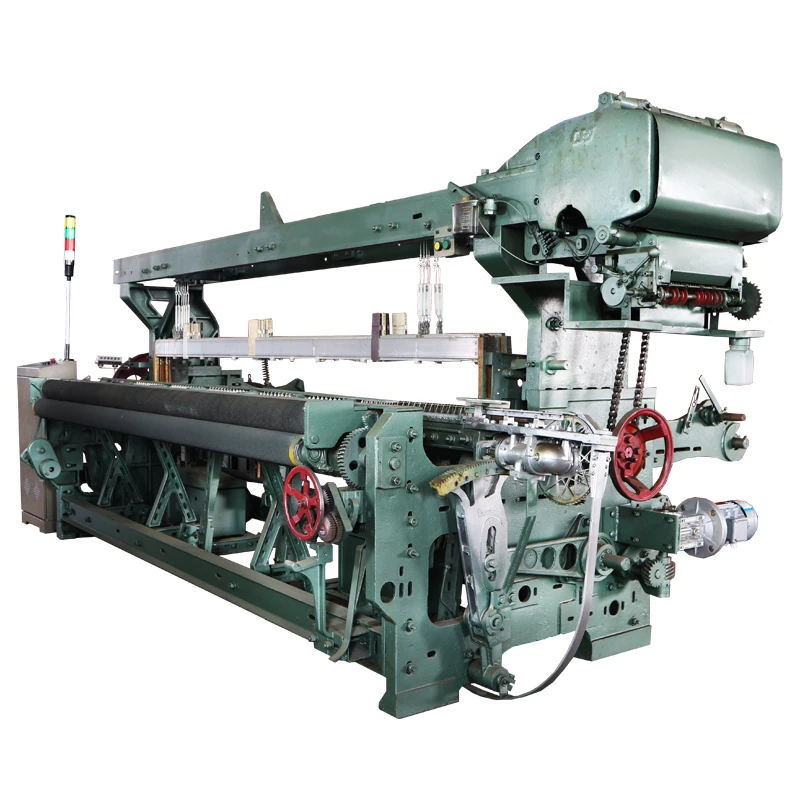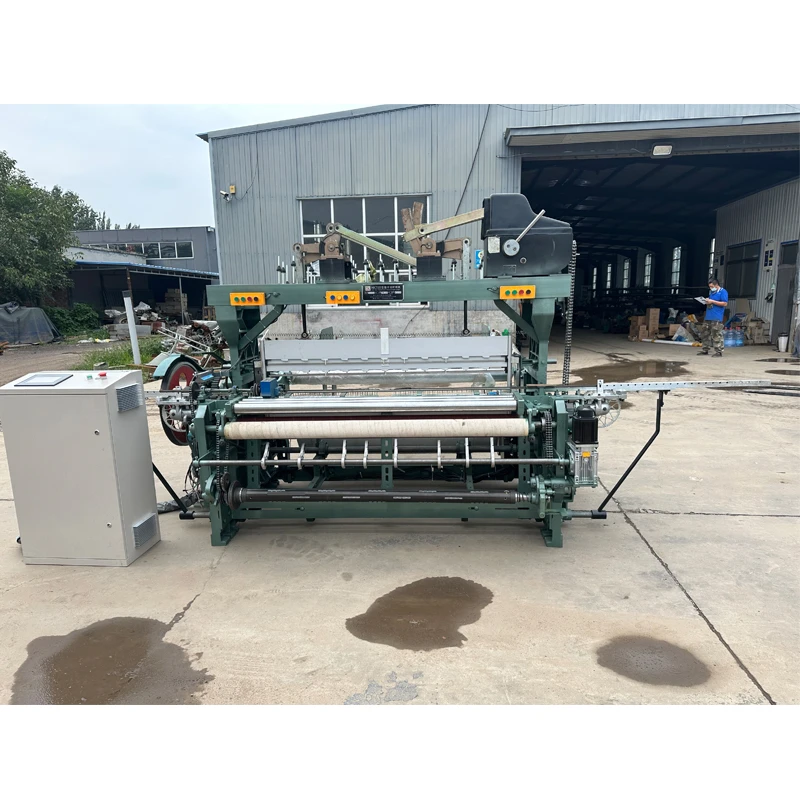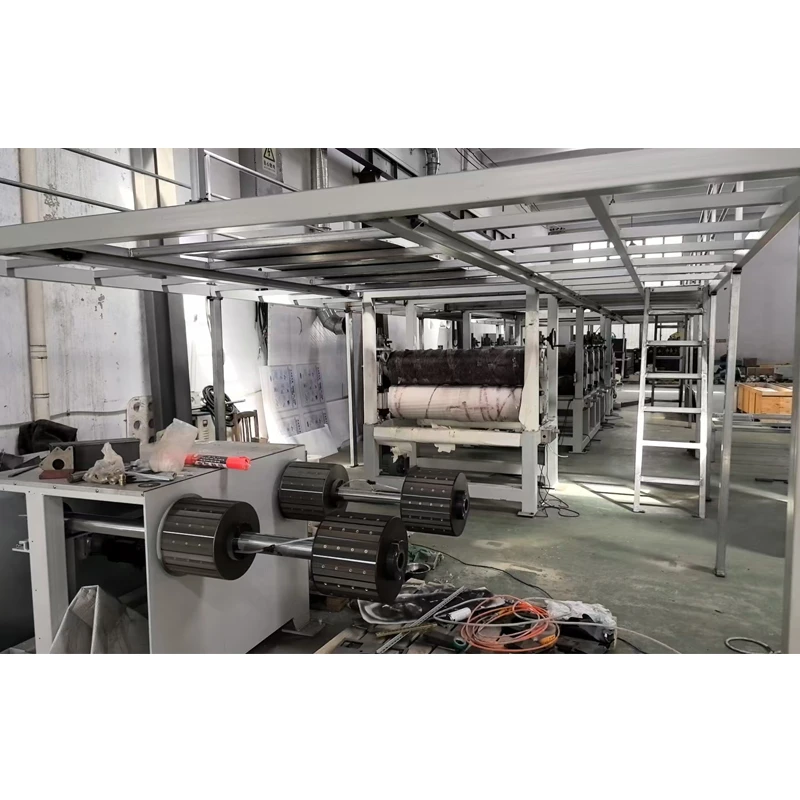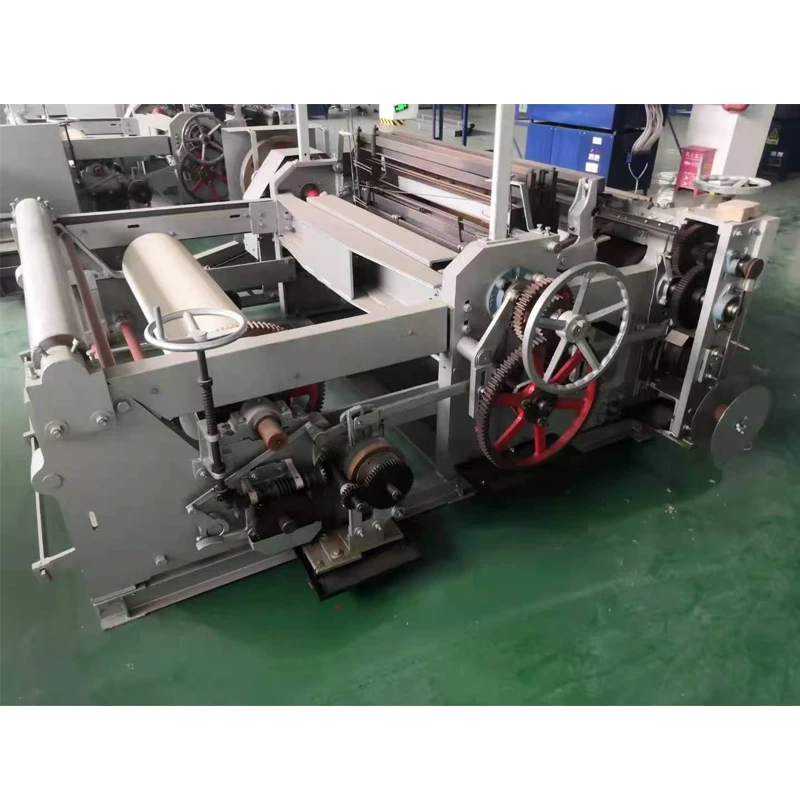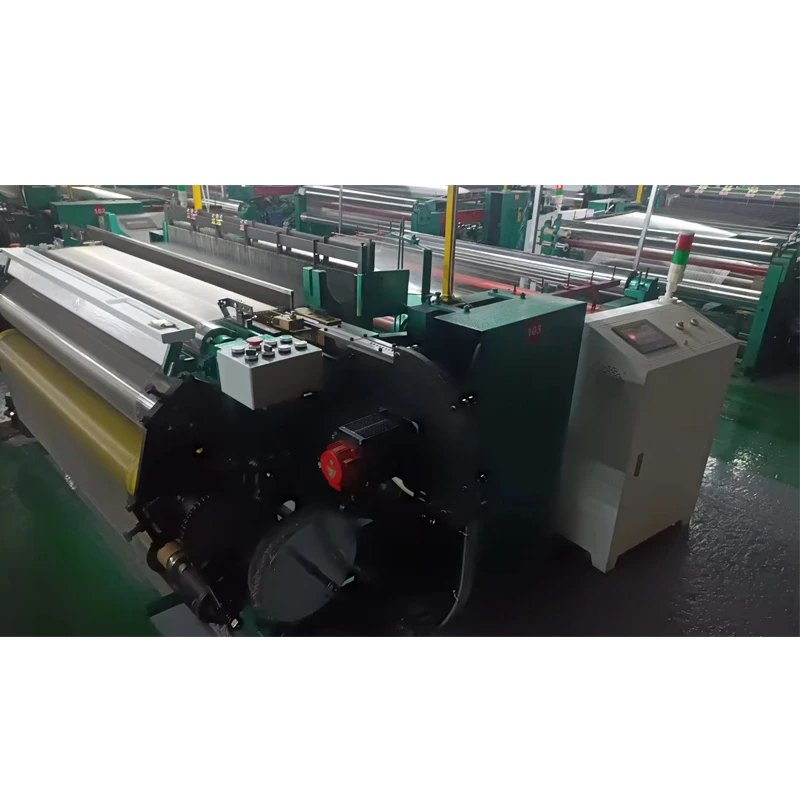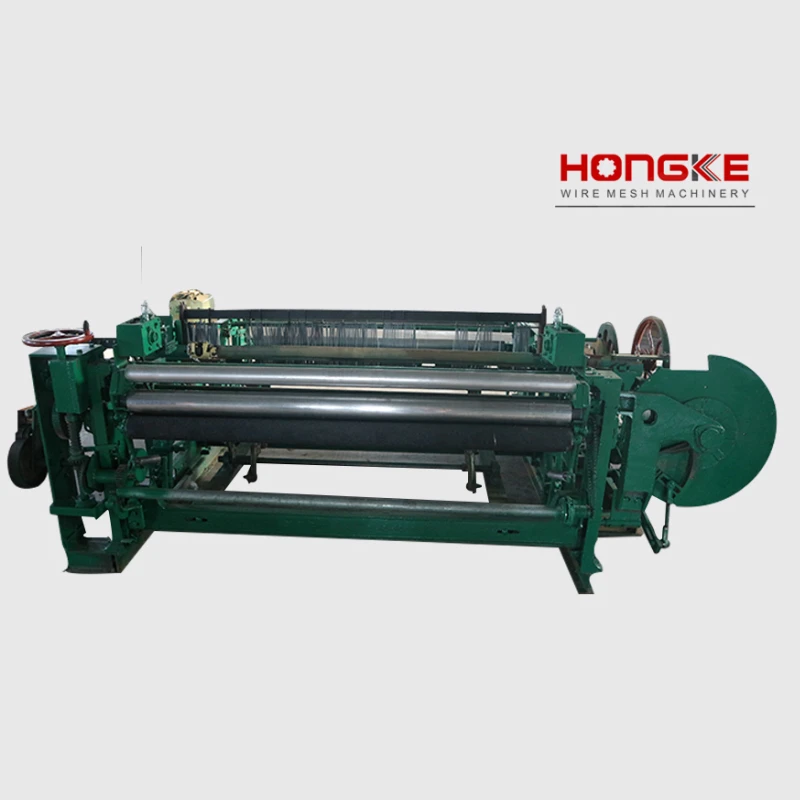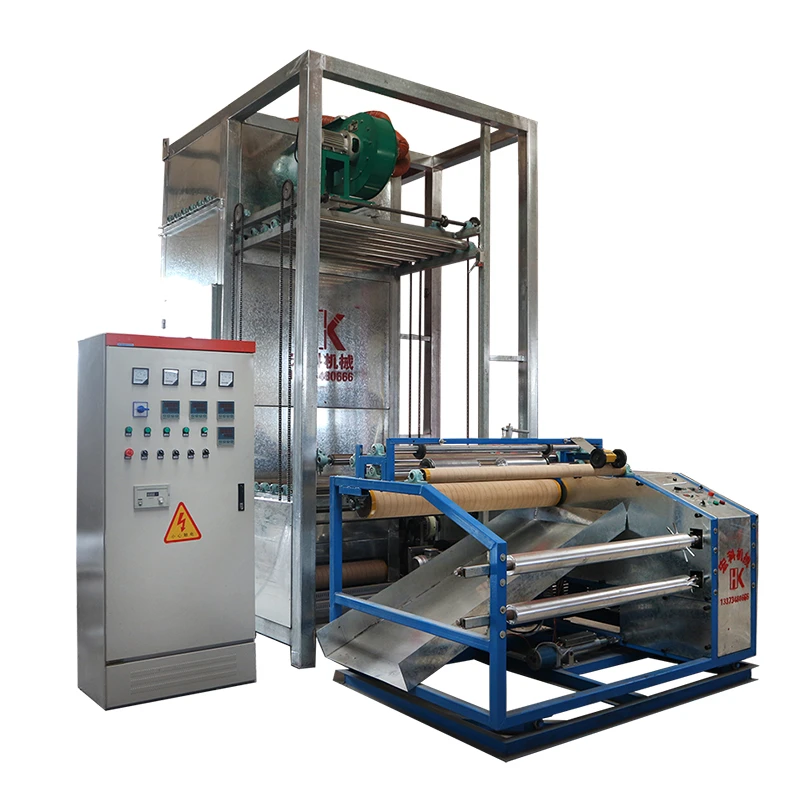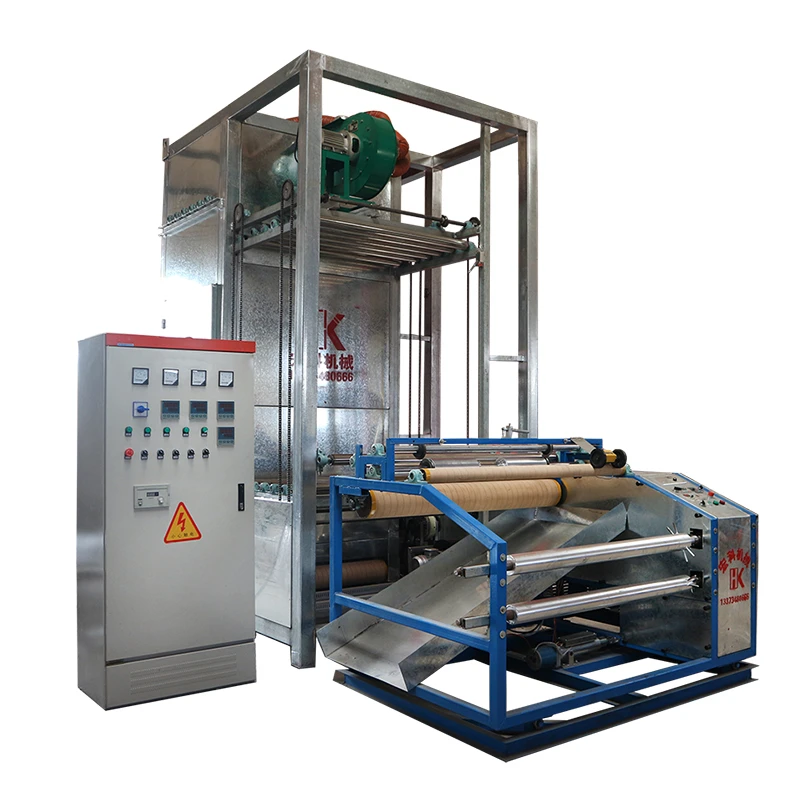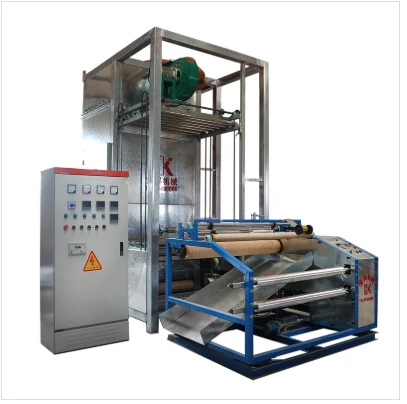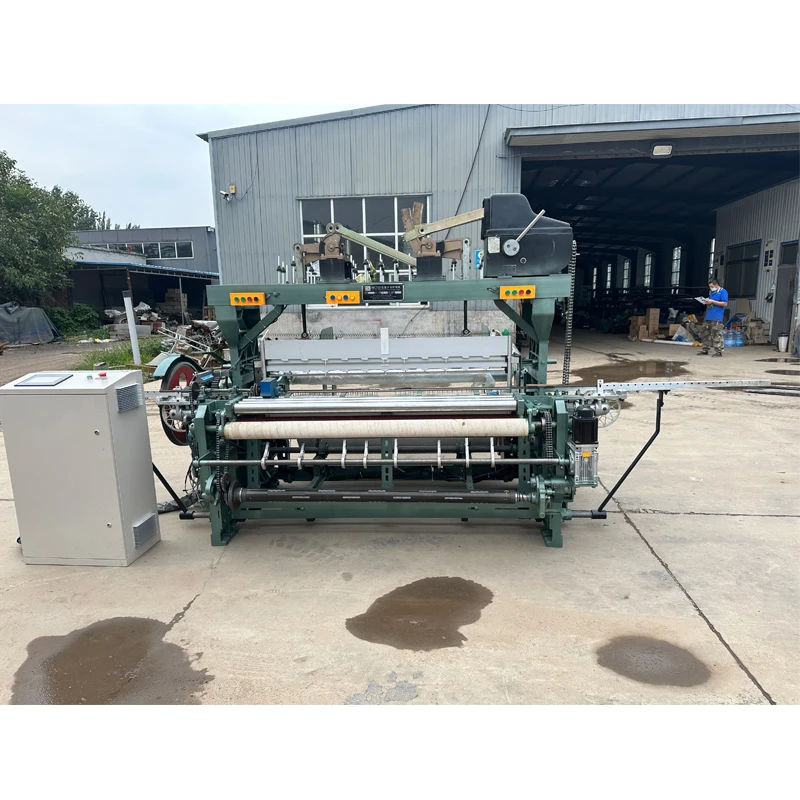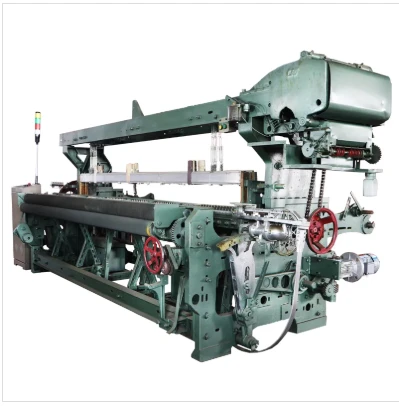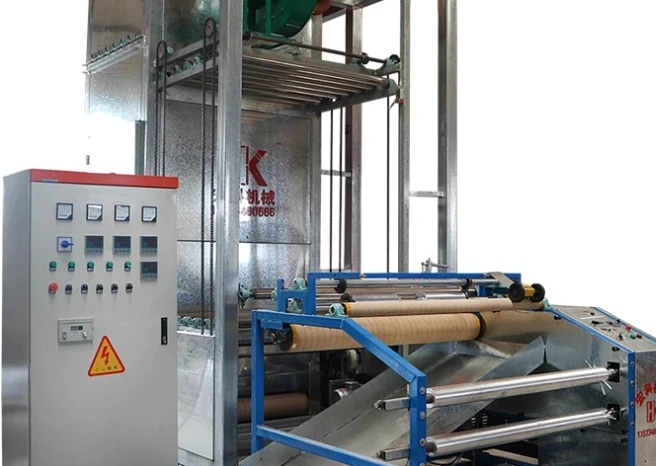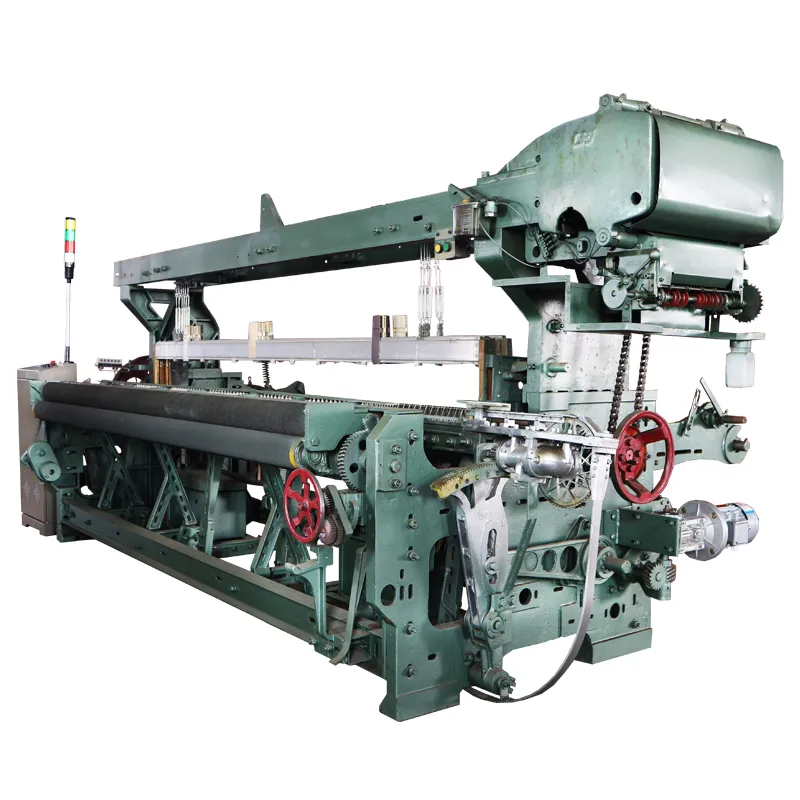
The Fiberglass Mosquito Net Machine represents a cutting-edge solution for manufacturers seeking to produce high-quality, durable window screens. This comprehensive production line integrates multiple specialized machines, including the PVC Coating Machine, Warping Machine, Weaving Machine, Coating Machine, and Mesh Quality Inspection Machine. Developed by Anping Hongke Wire Mesh Machinery Factory, this system ensures precision, efficiency, and reliability in manufacturing fiberglass mosquito nets. Below, we explore the core functionalities, technical specifications, and applications of this advanced machinery.
Product Overview
The Fiberglass Mosquito Net Machine is designed to streamline the production of fiberglass window screens, which are widely used in residential, commercial, and industrial settings. This system is particularly effective in creating nets with high tensile strength, flexibility, and aesthetic appeal. The production line includes the following key components:
- PVC Coating Machine: Enhances the durability and surface finish of glass fiber yarn.
- Warping Machine: Ensures uniform tension and arrangement of warp yarn for weaving.
- Weaving Machine: Produces flat, square-mesh window screens with high efficiency.
- Coating Machine: Applies heat treatment to bond warp and weft yarns for increased strength.
- Mesh Quality Inspection Machine: Monitors dimensions and density of the finished product.

Technical Specifications
PVC Coating Machine
The PVC Coating Machine is a critical component for enhancing the properties of glass fiber yarn. It features a 26-meter length, 2-meter height, and 1.8-meter width, with a power rating of 18 kilowatts. The machine processes up to 800 kilograms of material per day, handling 28-30 threads simultaneously. The coating process involves heating the yarn twice and using four grinding tools to achieve a smooth, glossy finish. This ensures the yarn meets the stringent requirements of the glass fiber window screen industry.
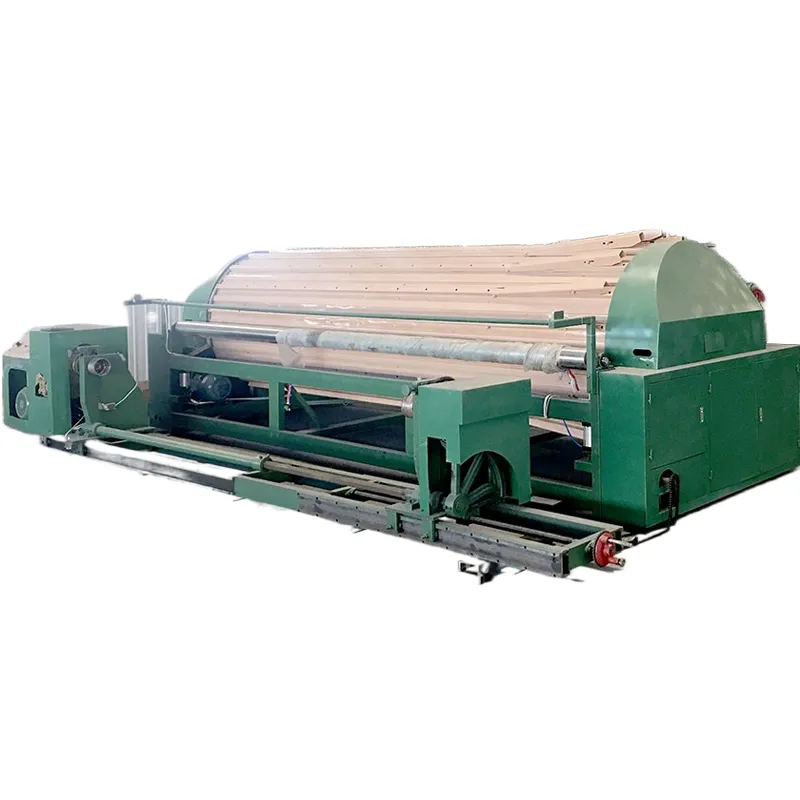
Warping Machine
The Warping Machine is available in three models: 260, 280, and 320. The 260 model has a machine size of 4.2 meters in length, 1.75 meters in width, and 1.25 meters in height. It operates at 15 kilowatts and weighs 2 tons (excluding the yarn rack). Key features include a 63-kilogram magnetic powder brake, photoelectric protection, and infrared stop mechanisms. The machine ensures uniform tension and arrangement of warp yarn, which is essential for efficient weaving. Its winding speed ranges from 800 to 1,200 meters per hour, making it ideal for high-volume production.
| Technical Parameter | Value |
|---|---|
| Machine Size | L4.2m * W1.75m * H1.25m |
| Power | 15 KW |
| Weight | 2 tons (excluding yarn rack) |
| Winding Speed | 800-1200 meters per hour |
| Main Advantages | High stability, high automation, simple operation, uniform warp tension, high output |
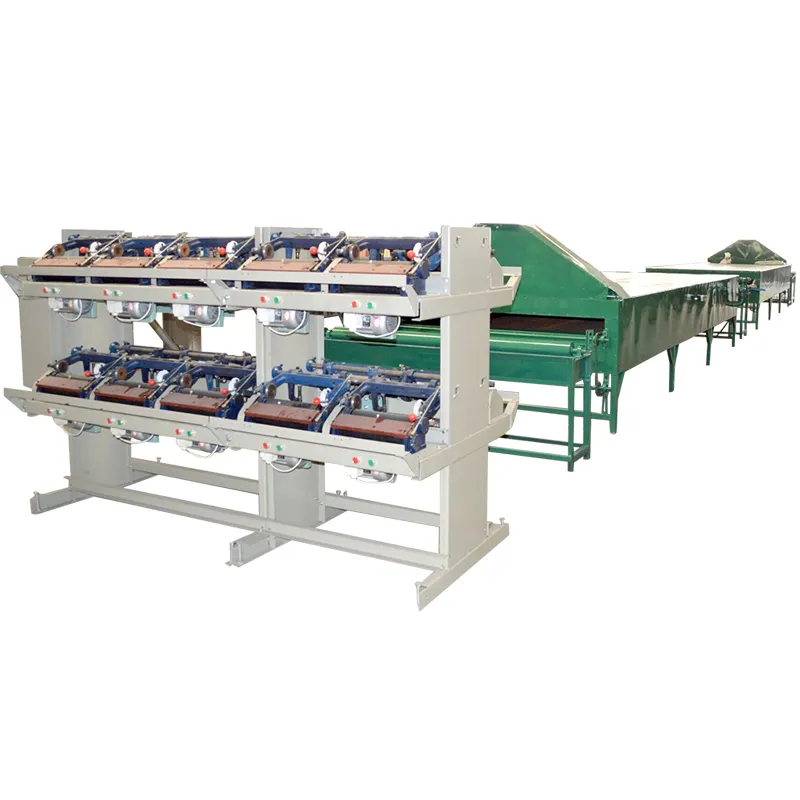
Weaving Machine
The Weaving Machine is designed to produce flat, square-mesh window screens with high precision. The 260 model has a machine size of 4.2 meters in length, 1.8 meters in width, and 1.45 meters in height. It operates at 1.5 kilowatts and weighs 1.8 tons. The machine features a 45-kilogram magnetic powder clutch and Tiger King electric control systems, allowing for electronic warp sending and winding. Its weaving speed ranges from 135 to 165 times per minute, ensuring efficient production of high-quality mesh.
| Technical Parameter | Value |
|---|---|
| Machine Size | L4.2m * W1.8m * H1.45m |
| Power | 1.5 KW |
| Weight | 1.8 tons |
| Speed | 135-165 times per minute |
Coating Machine
The Coating Machine is used to shape the finished window screen through high-temperature bonding. It features an electric heating system and spans 320 meters in length, 32 meters in width, and 4.5 meters in height. With a power rating of 220 kilowatts, the machine uses four ovens for magnetic powder winding, achieving a production rate of 2,000-2,200 meters per hour. This ensures the mesh surface is flat, durable, and aesthetically pleasing.
Mesh Quality Inspection Machine
The Mesh Quality Inspection Machine is equipped with advanced monitoring systems to ensure the accuracy of the finished product. It has a width of 2 meters, an electric power of 2.2 kilowatts, and an external size of 3,100 x 920 x 1,550 mm. With a gross weight of 500 kilograms, it can support up to eight weaving machines simultaneously. This machine ensures that every batch of mesh meets the required standards for length and density.
Applications and Industry Use Cases
The Fiberglass Mosquito Net Machine is widely used in various industries, including construction, agriculture, and residential sectors. Its key applications include:
- Residential Use: Producing durable window screens that protect homes from insects while allowing ventilation.
- Commercial Use: Manufacturing mosquito nets for hotels, offices, and public spaces.
- Industrial Use: Creating protective mesh for warehouses, factories, and agricultural facilities.
- Customization: Offering flexible production options to meet specific client requirements, such as varying mesh sizes and densities.
According to the National Institute of Standards and Technology (NIST), "precision in manufacturing processes is critical for ensuring product quality and performance. Advanced machinery like the Fiberglass Mosquito Net Machine plays a vital role in achieving these standards." This aligns with the machine's ability to maintain consistent tension, accuracy, and efficiency throughout the production cycle.
Company Background
Anping Hongke Wire Mesh Machinery Factory is a leading manufacturer of industrial machinery, specializing in the production of fiberglass mesh and mosquito net-making equipment. Located in Anping County, Hebei Province, the company has been serving the global market for over two decades. With a focus on innovation and quality, Anping Hongke has established itself as a trusted name in the industry. Their products are exported to numerous countries, including the United States, Europe, and Southeast Asia.
The company's commitment to excellence is reflected in its state-of-the-art facilities and rigorous quality control processes. By integrating advanced technologies such as automated control systems and high-precision manufacturing techniques, Anping Hongke ensures that its machines meet the highest industry standards. This dedication to quality has earned the company a strong reputation among clients and partners worldwide.
Advantages of the Fiberglass Mosquito Net Machine
The Fiberglass Mosquito Net Machine offers several advantages that make it a preferred choice for manufacturers:
- High Efficiency: The machines are designed for high-speed production, reducing downtime and increasing output.
- Automation: Advanced control systems minimize manual intervention, ensuring consistent quality and reducing labor costs.
- Durability: The use of high-quality materials and precision engineering ensures long-term reliability and minimal maintenance.
- Customization: The production line can be tailored to meet specific client requirements, offering flexibility in mesh size, density, and finish.
- Cost-Effectiveness: By streamlining the production process, the machines help reduce material waste and energy consumption.
Conclusion
The Fiberglass Mosquito Net Machine is a versatile and reliable solution for manufacturers seeking to produce high-quality window screens. With its advanced features, precise engineering, and efficient operation, this production line sets a new standard in the industry. By partnering with Anping Hongke Wire Mesh Machinery Factory, businesses can ensure they are equipped with the latest technology to meet growing market demands.
For more information about the Fiberglass Mosquito Net Machine and its applications, visit the official website of Anping Hongke Wire Mesh Machinery Factory.
References
National Institute of Standards and Technology (NIST). "Precision in Manufacturing Processes." Retrieved from https://www.nist.gov/.

Pervious








